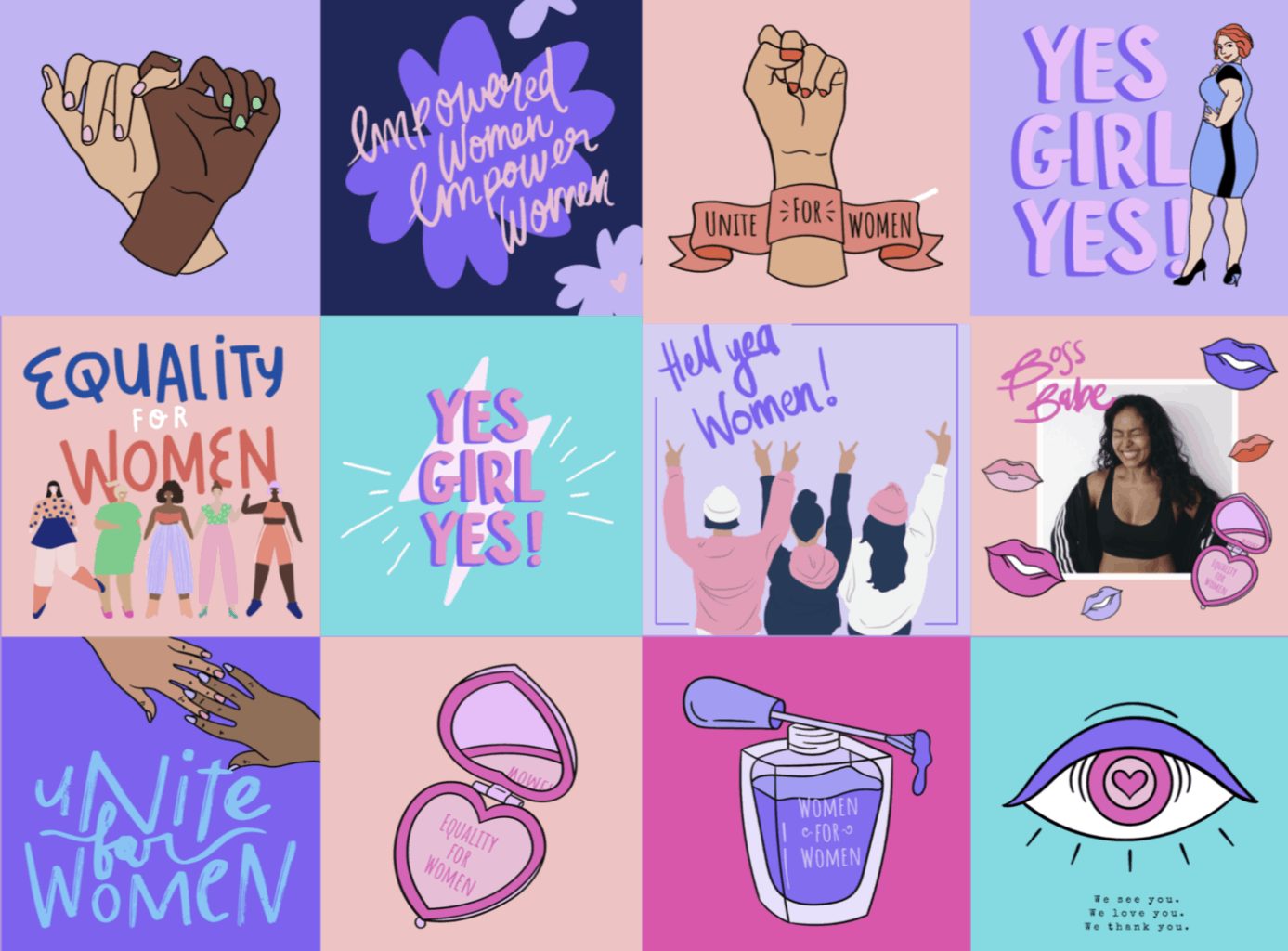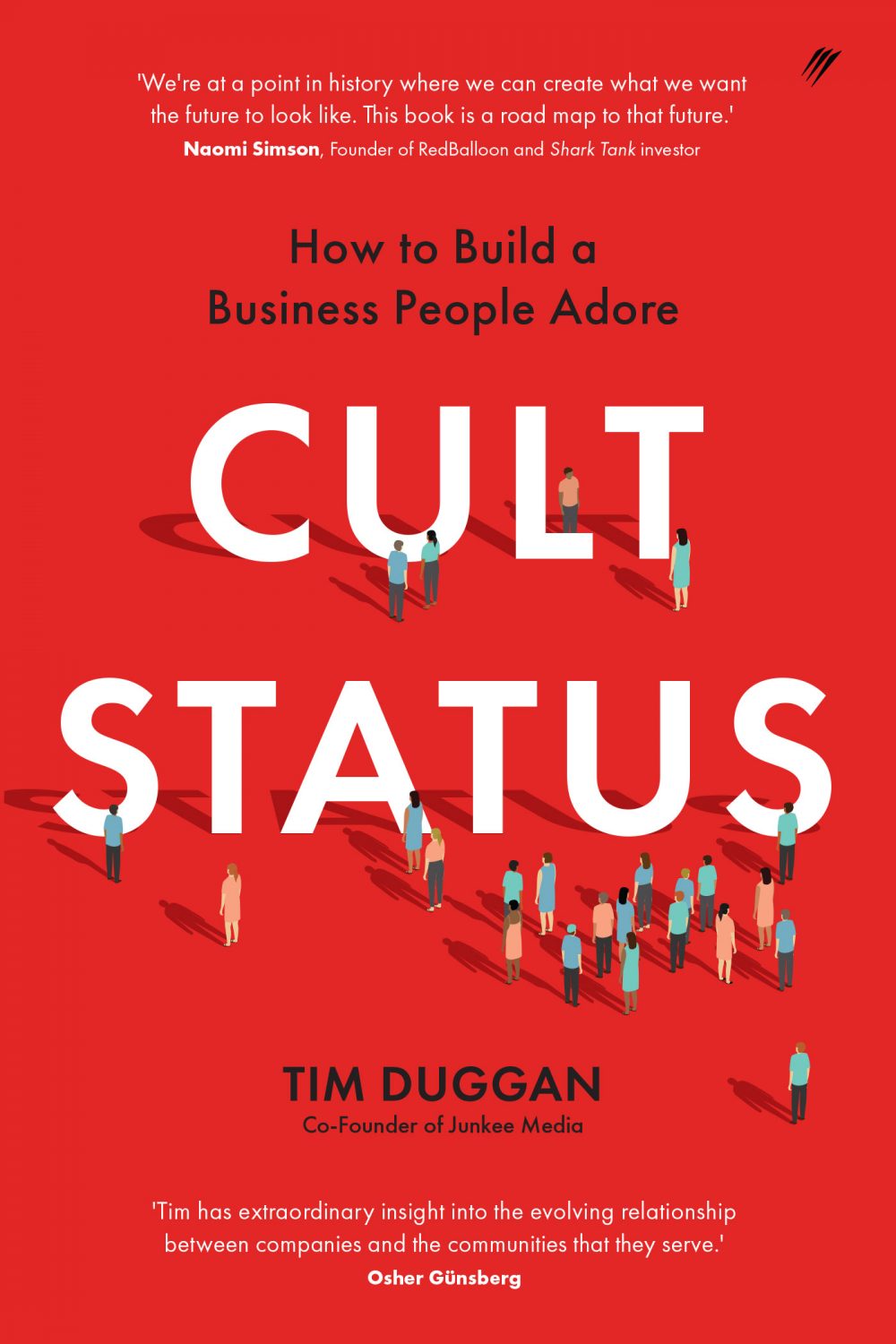This is an extract from Tim Duggan’s new book Cult Status: How to Build a Business People Adore by Tim Duggan, Pantera Press, available now.
Every cult business needs an ‘enemy’ to fight to fire up your followers. The enemy might be a problem you’re trying to solve, an industry you want to disrupt, or sometimes even another business.
Fighting something unites all of your community behind a common goal, especially if you’re pushing to make the world a better place. A lot of modern brands have found success in making an enemy out of oil companies, big polluters, plastics and other industries that negatively affect the environment.
When Michael Dubin and Mark Levine founded Dollar Shave Club in 2011, they had their sights on a single enemy: razor companies. At the time Gillette had a 72 per cent market share in the US, with Schick a very distant second.31 Michael and Mark focused everything they had on the competition, using it to fuel their marketing, pricing and community of users who felt like they had never had an alternative to the major razor companies. With prices starting at $1 a month (hence the name of the company), you could get high-quality razors delivered directly to your home. Their tagline ‘stop paying for shave tech you don’t need’ was aimed squarely at their enemy.
Over the next three years, Dollar Shave Club clawed its way to almost 49 per cent of the online razor market, according to Slice Intelligence, using their competition to fuel their rapid growth. They expanded to 600 employees globally and four million subscribers.
In 2016, Unilever bought Dollar Shave Club for US$1 billion.
When Melanie Perkins, Cliff Obrecht and Cameron Adams launched Canva, a simple online graphic design tool, they had a clear enemy in their sights. For decades, design software had been complicated and burdensome. You needed to take a course just to understand how to use programs like Photoshop, and it was damn expensive too.

They focused on creating a free, easy-to-use alternative so that everyone had access to good design.
As Canva’s CEO, Melanie has led its growth to a point where over 20 million people in 140 countries now use it every month, and they have a valuation of over US$3 billion.

Hira Batool Rizvi grew up in Islamabad, the capital of Pakistan, with a million other residents. When she started working and studying, she met women and girls who were worried about moving around safely. She saw that a lot of women in Pakistan had to navigate an unreliable chain of outdated public transport options, weaving through a predominantly male workforce that would leave them feeling unsafe before they even stepped through their office doorway for the day. Then they would have to repeat that again to get home every day. There were a lot of ‘enemies’ in the inherently sexist system.
Fewer than 30 per cent of Pakistani women are presently in the workforce, and every day 17 million women struggle with getting to and from work. Hira says women end up paying four times more than men to travel to work, sometimes up to 40 per cent of their monthly income. It’s a huge problem.
Hira completed a degree in Electrical Engineering and won a Fulbright Scholarship to study her Master’s in Science and Technology Policy at the Georgia Institute of Technology in the US. It was her time abroad that opened her eyes to the success of companies like Uber, Airbnb and Lyft, and inspired her to think how she could apply the same principles to her home country. ‘I was sure that I wanted to do something for women, by women,’ she says, ‘and have a platform that would be safe for everyone to use. But it wasn’t very clear of how I would do things.’
Hira returned to Pakistan and launched SheKab in 2016, a carpool service for women that helps reduce costs, remain safe and take cars off the road. Her aim is to support working women across the country, and the service now operates in four cities in Pakistan using a fleet of 500 cars. SheKab has so far arranged 100,000 rides for women to get to and from work.
For Hira, the most surprising aspect has not just been that SheKab has made life easier and safer for Pakistani women, it is the potential real-world friendships that are formed inside some of the carpool rides to work. Each car is SheKab’s altar, bringing its users with common goals closer together. ‘We started as just a carpool, with the idea of… reducing traffic congestion,’ says Hira. ‘But we realised that with the passage of time, it’s kind of become a community of sorts, where one ride is shared with three or four riders, and so they develop a great bond within themselves and also with the driver.’
As well as knowing who your competitive ‘enemy’ is, you need to be strikingly clear on what you are not. Knowing what you don’t stand for is just as important as knowing what you do. Your enemy is not only your competition, it’s also distraction.






